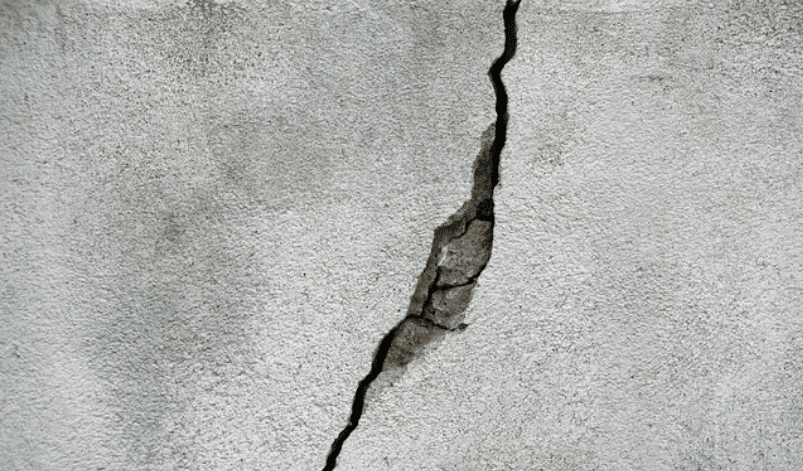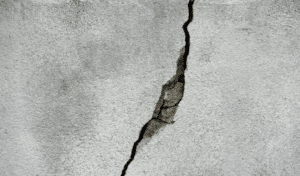▷When Your Industrial Concrete Floors Crack In San Diego?

When Your Industrial Concrete Floors Crack, What Should You Do In San Diego?
Repaired Concrete Floor
Over time, concrete floors are likely to crack. They cure and subsequently settle, giving in a broken surface or slab in some cases.
Once a crack has formed, it can be exacerbated by everyday actions and occurrences. Moisture seeping into gaps, exposure to oils or chemicals that taint or corrode the floor, poor cleaning owing to existing fissures, and vehicles driving over cracked surfaces are all factors that aggravate cracks in concrete floors.
Concrete floors crack for a variety of causes. What matters is that you know what to do and what not to do when it occurs.
Is It A Crack In The Floor?
Let’s get one thing straight: cracks in a floor are not the same as joints in a floor. Curing, aging, abuse, and sometimes invisible substrate concerns can cause cracks in concrete. Joints, on the other hand, are designed to control cracking, isolate slab movement, or be formed when a new slab is poured.
What Is The Best Way To Fix A Broken Concrete Floor?
Control joints are a straightforward treatment for cracked concrete floors, but only during the first slab pour. Control joints aid in the cracking of concrete floors in straight lines.
Caulks and specialty fillers are two alternative restorative options. Caulks and fillers have qualities that range from hard to flexible, allowing them to expand and contract or fill voids.
We may propose a specialist filler depending on the type of activity your floor sees and the severity of the cracks. Specialized fillers are frequently required in facilities that deal with corrosive chemicals or recurring cracking, whereas high-traffic facilities may usually get away with a filler designed to merely restore strength and even out the surface.
When it comes to serious cracks and damaged joints in concrete floors, a deeper repair is sometimes required, rather than just a superficial patch. These problems will only get worse if they aren’t dealt with effectively.
What Is The Best Way To Avoid Repairing A Broken Concrete Floor?
Many people believe that if their concrete floor cracks, all they have to do is treat it with epoxy, right? That depends on the crack’s current state as well as some of the conditions it is (or will be) exposed to, as previously stated.
It’s possible that simply covering the fracture with epoxy won’t be enough to solve the problem. We’ve seen owners and contractors try to cover or mend cracks by coating them, only to have the coating seep through the gap before it dries, never fixing the problem.
Contrary to what you may have read on the internet, using normal over-the-counter caulk on your cracked concrete is not a good idea. In the field we work in, specific caulks are available, but they are not available in “big box retailers.”
Conclusion
Finally, it’s better not to attempt concrete floor repair on your own. Make an appointment with a flooring professional for at least a consultation. Are you unsure who to contact? Make contact with the Concrete Polishing Solutions. We’d be happy to examine your concrete floor and make recommendations for the next measures.
Our Complete Services
- Acrylic Flooring
- Metallic Epoxy Flooring
- Epoxy Chip Flooring
- Epoxy Quartz Flooring
- Solid Epoxy Flooring
- Urethane Cement
- Polyurea Polyaspartic
Concrete Caulking/Waterproofing
- Control Joint Caulking
- Elastomeric Wall Coatings
- Expansion Joint Caulking
- Silicone Caulking
- Urethane Caulking
- Waterproofing
- Wet Glazing
Commercial Applications
- Commercial
- Auto Dealerships
- Corporate Offices
- Government
- Hotels
- Manufacturing
- Parking Structures
- Retail Stores
- Sports Facilities






Leave a Reply
You must be logged in to post a comment.